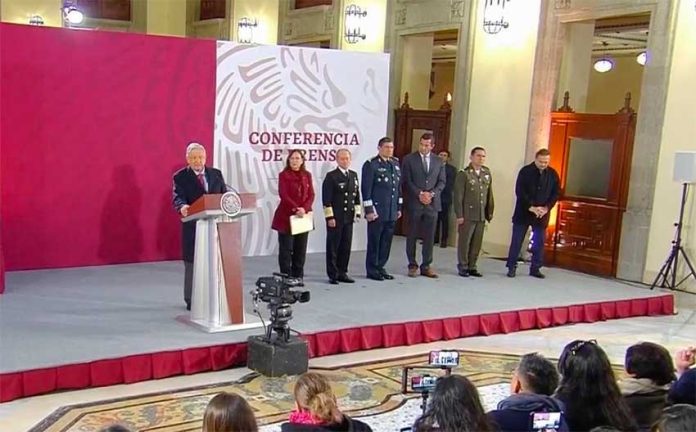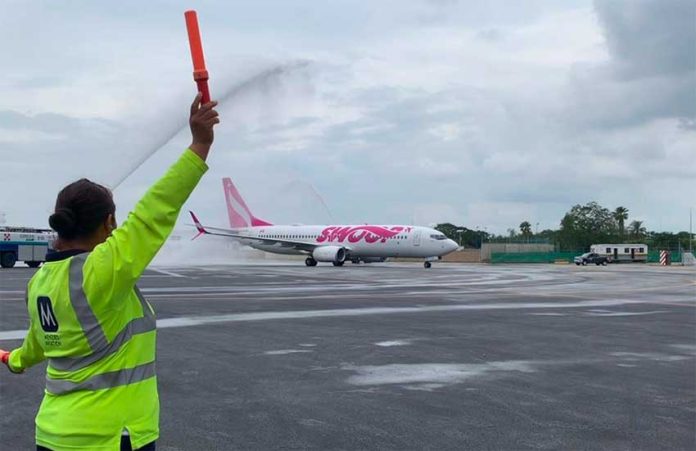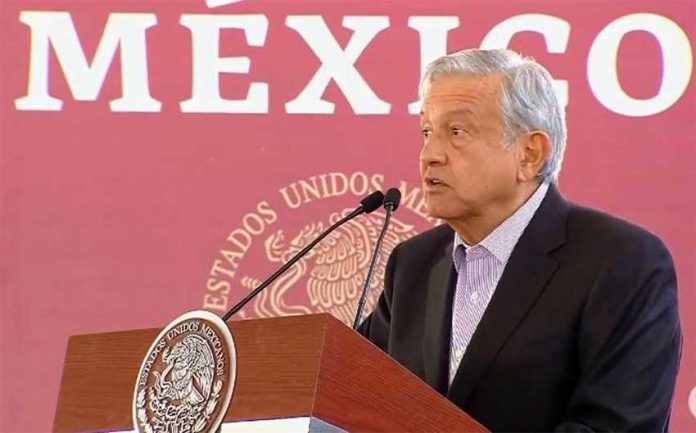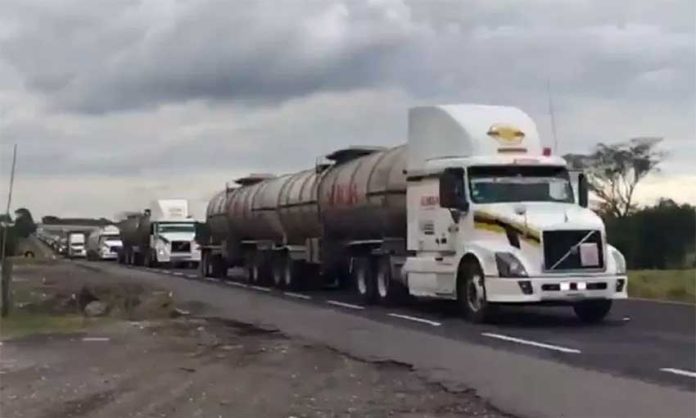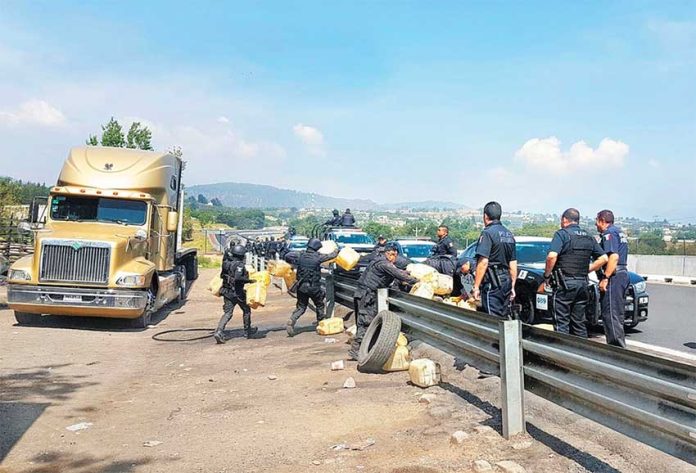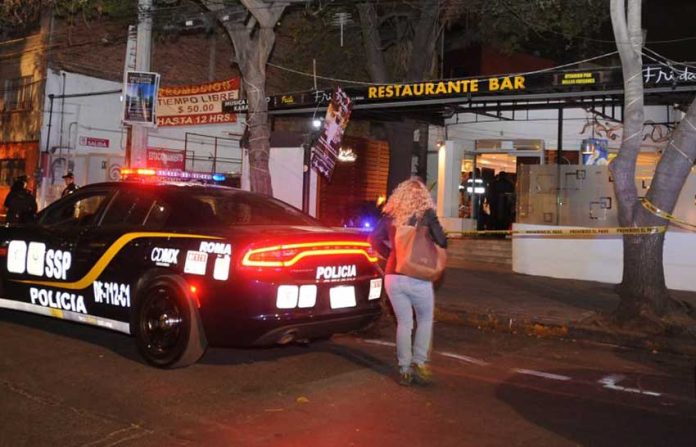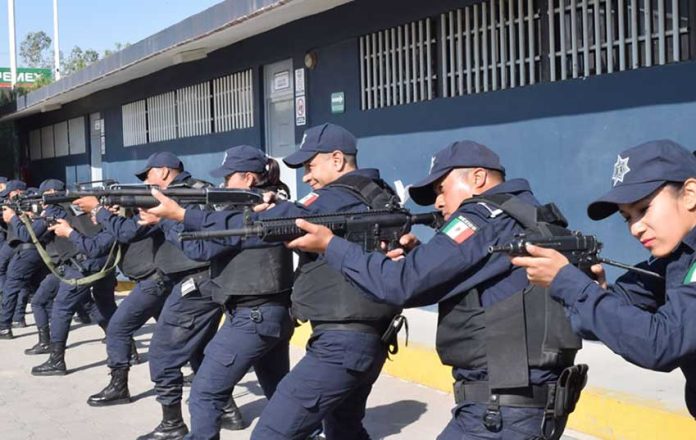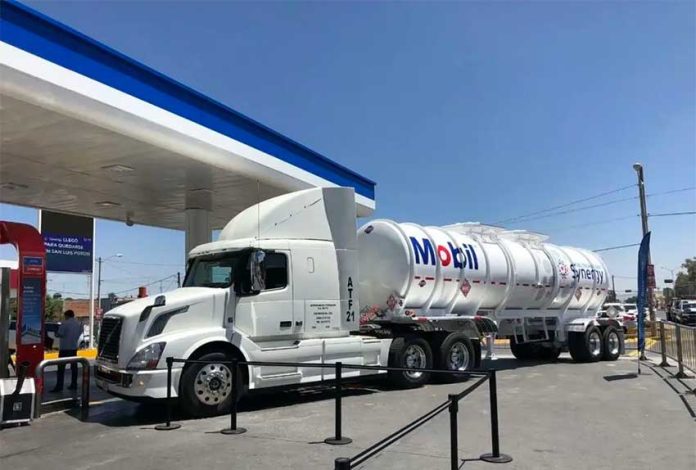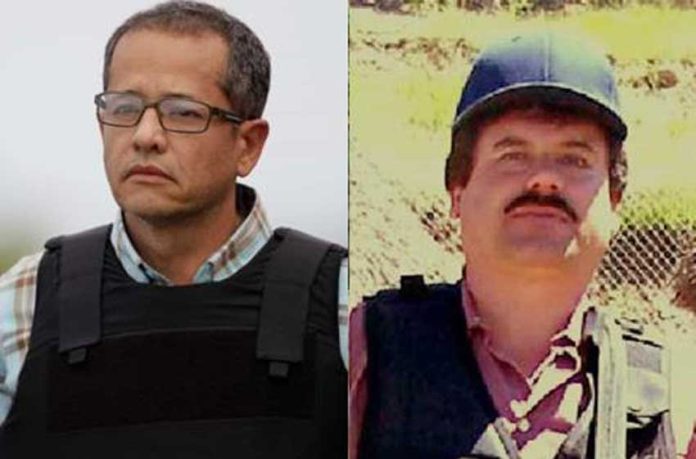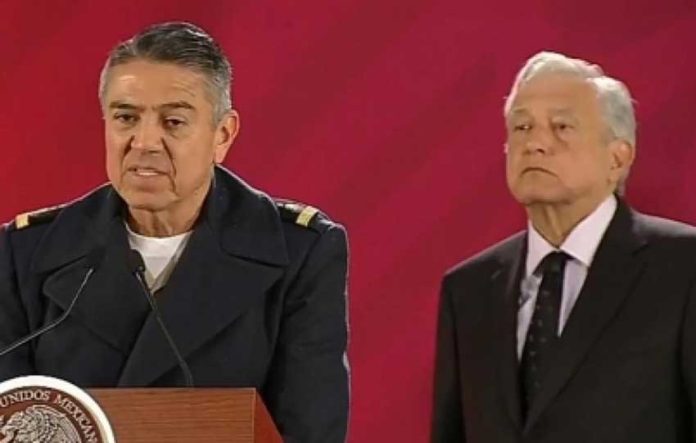The Bank of America (BofA) halved its 2019 growth forecast for Mexico to 1% yesterday but President López Obrador doubled that figure, offering a guarantee that the economy would expand by 2%.
Citing expectations for a marked slowdown in the United States economy in coming months as well as a tightening of public finances by the federal government, the BofA lowered its outlook for gross domestic product (GDP) growth from 2% to 1% and slightly increased its forecast on inflation from 3.9% to 4%.
“If we look at it in percentage terms, the [forecast] slowdown in Mexico is 50% due to the United States and the other 50% is because of the domestic part,” said Carlos Capistrán, the bank’s chief economist in Mexico.
“The United States is starting to slow down and that’s very important for Mexico. A year ago, it [the U.S.] was growing at close to 3% and now we expect 2.5% . . . ” he added.
The BofA forecast is the lowest among outlooks from eight banks that were cited in a report published today by the newspaper El Financiero.
The second lowest forecast is for 1.2% growth by Credit Suisse while the highest is 2% by the French bank BNP Paribas.
Speaking at his daily press conference this morning, López Obrador sided with the latter, ruling out any impact by the current gasoline shortages on Mexico’s GDP.
Asked by a reporter about the Bank of America forecast, the president responded that he had his own numbers.
“About the [BofA] projection on economic growth, I have other data. I respect, of course, those who maintain that we’re not going to achieve our economic growth goals [but] I’m sure that we’re going to do very well because, look, through nothing more than eliminating . . . the whole variable of corruption . . . that will help a lot with growth,” he said.
“I’m optimistic because we’ve gone two days in which the peso is rising . . . Since we [the new government] arrived up to this time, 45 days approximately, our currency has appreciated 1 peso and 30 centavos in relation to the [US] dollar. The peso is one of the currencies that has appreciated the most in the world. We’re doing very well . . . We’re also withstanding the fuel theft crisis and we’re going to see the result . . .” López Obrador added.
“It’s good that there are these projections. The only thing I ask for from analysts is to be serious . . . they say 1% [growth], I say more than 2%, that is to say double, and it’s recorded so let’s see who’s right.”
Source: El Financiero (sp), El Economista (sp)
